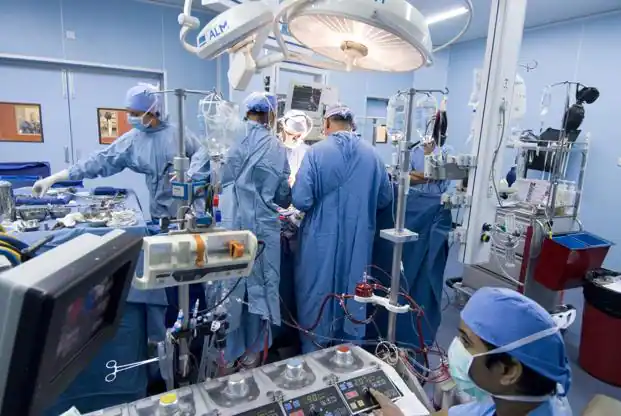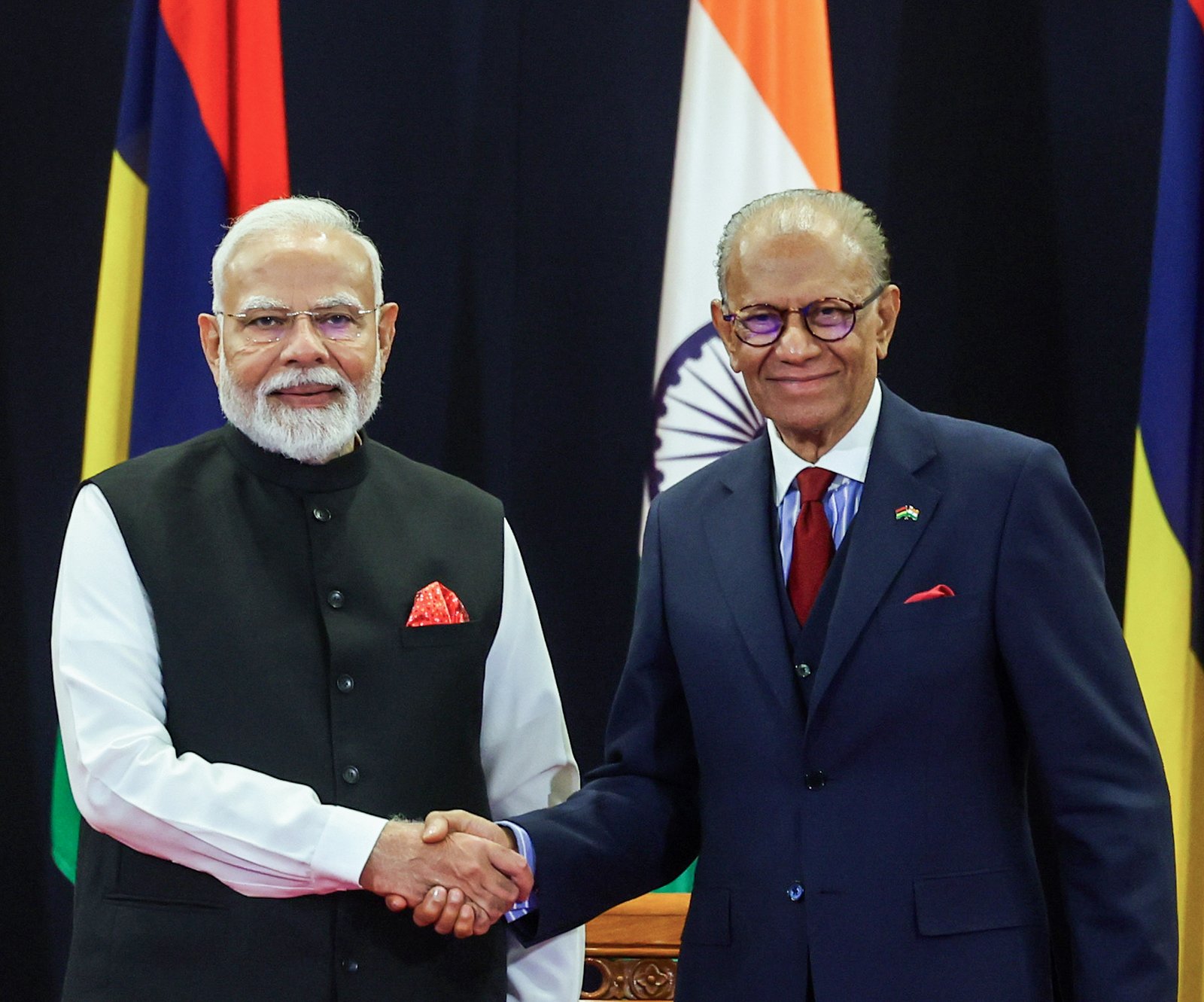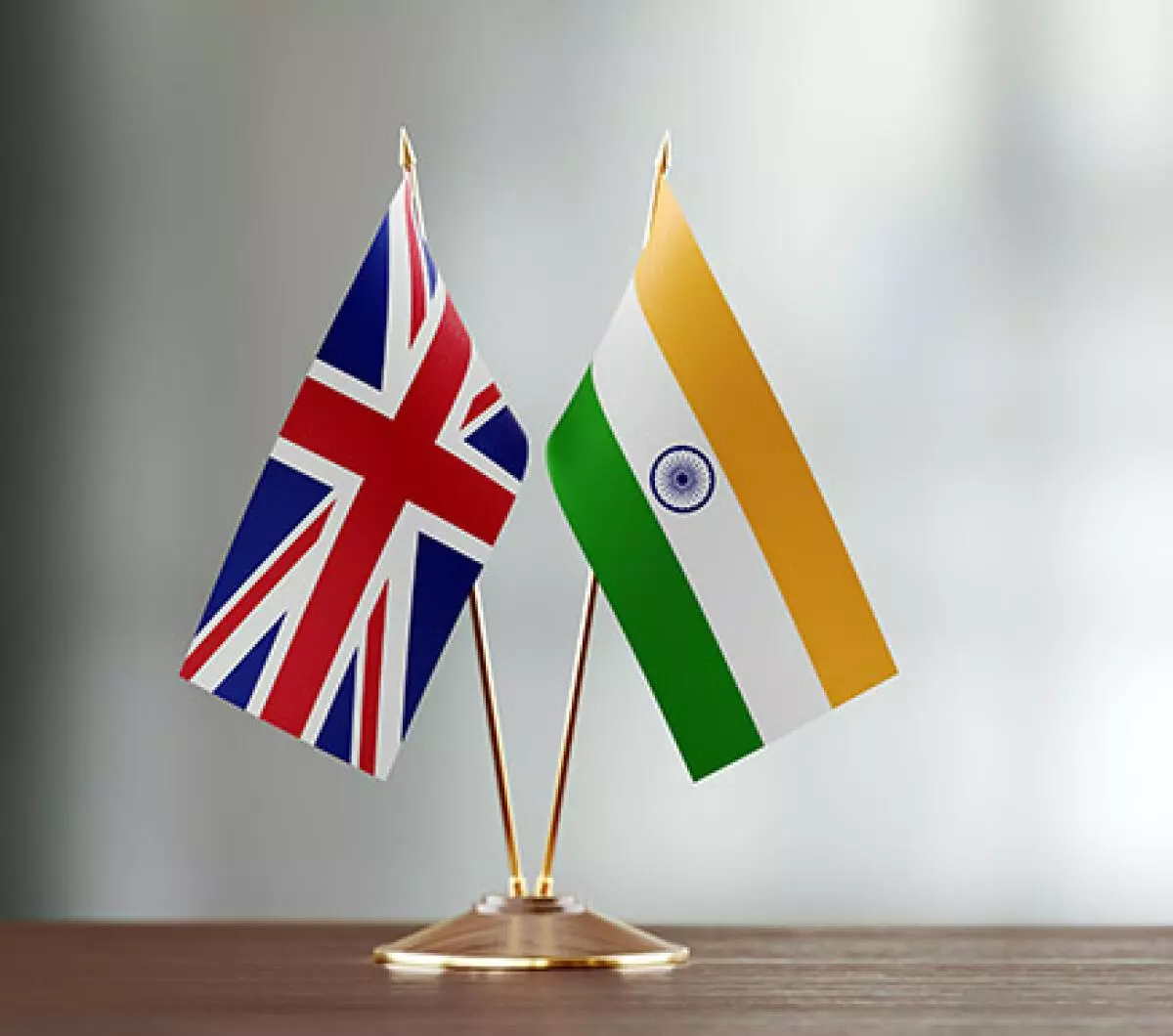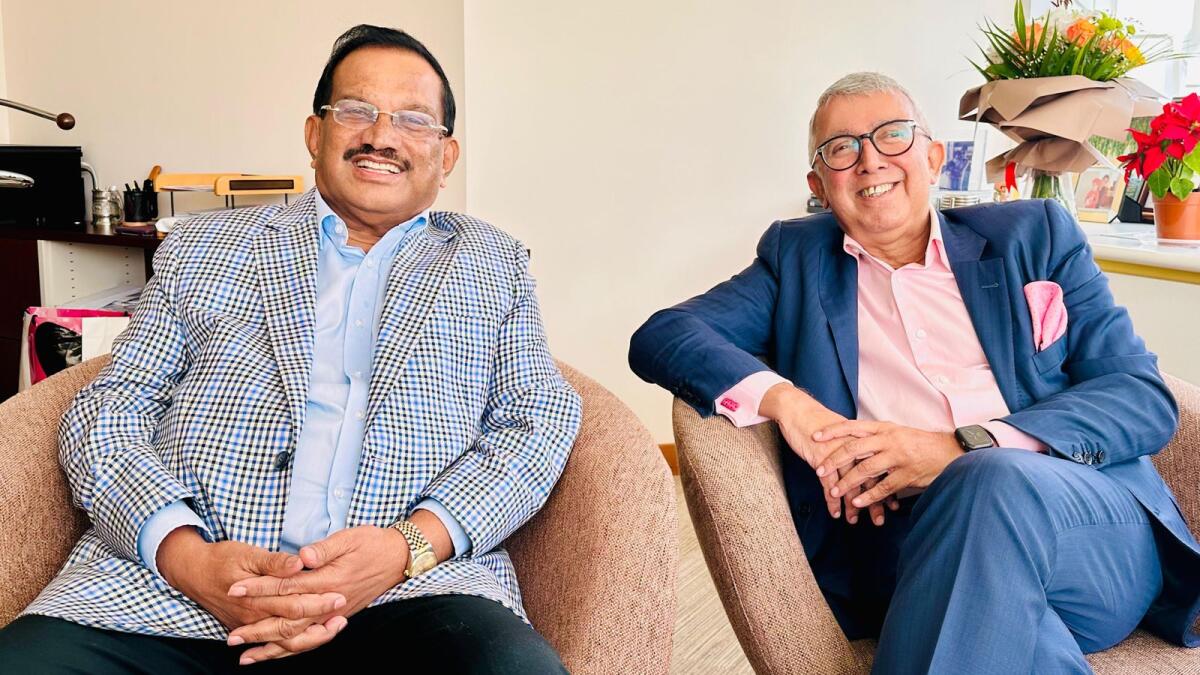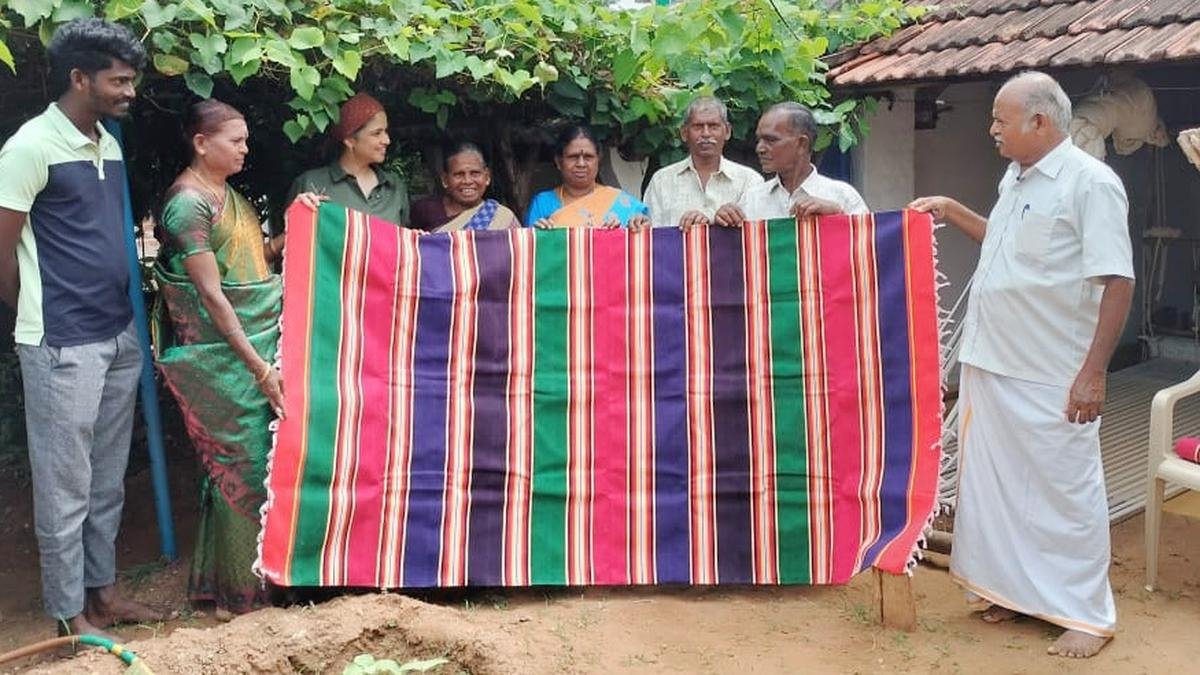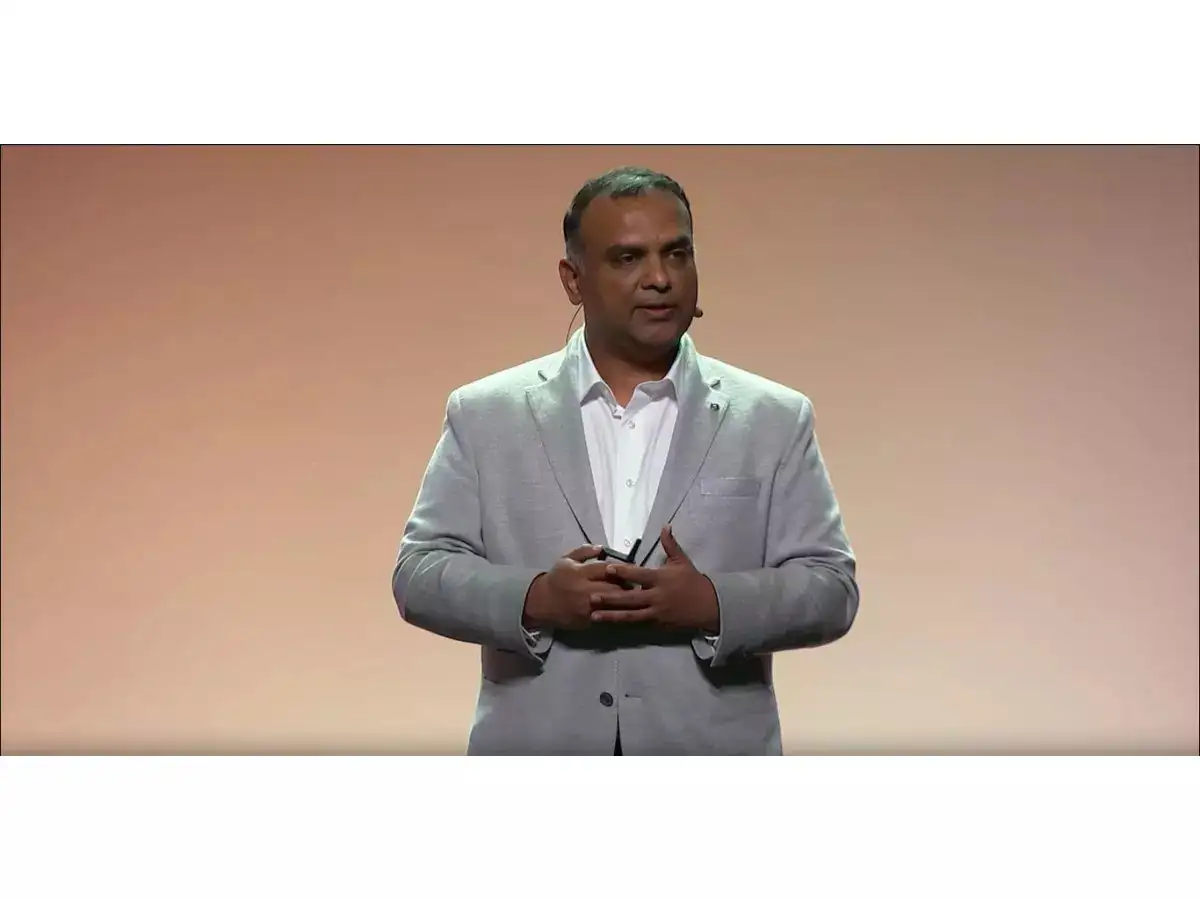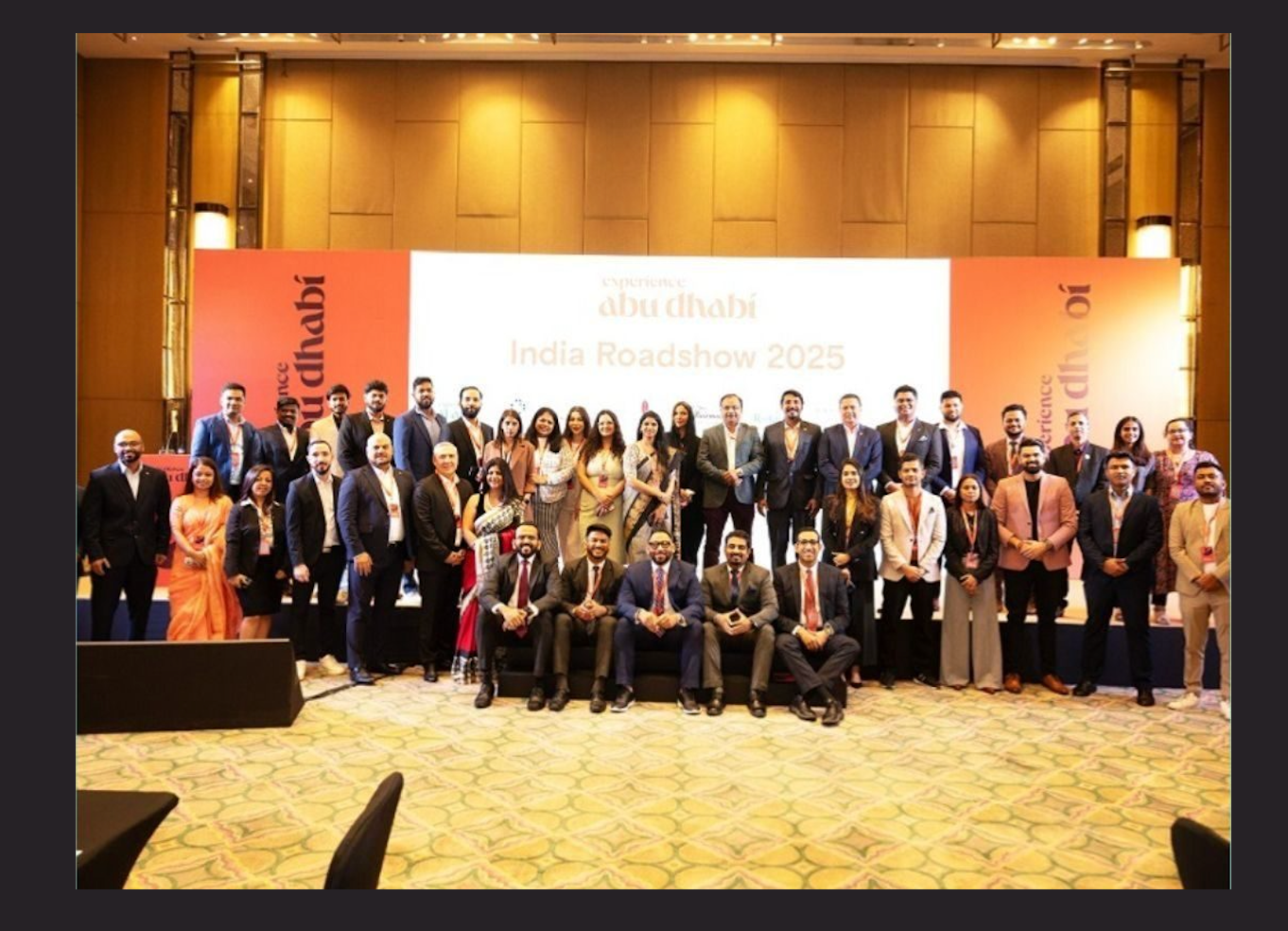Nursing and doctor roles are particularly hard hit, with waiting times for medical appointments stretching to alarming lengths and over seven million individuals languishing on hospital waiting lists
As the National Health Service (NHS) in the UK grapples with a dire staffing crisis, hope emerges from an unexpected source: India. In a bid to avert collapse, the NHS is eyeing the recruitment of 2,000 doctors from India, signaling a potentially vital solution to its mounting pressures.
Established in 1948, the NHS has long been cherished as a cornerstone of the UK’s public services. Offering comprehensive healthcare coverage from cradle to grave, it has been sustained by taxpayer funds, providing medical services ranging from routine check-ups to life-saving surgeries at no direct cost to individuals.
However, the NHS now finds itself on the precipice of crisis. Staffing shortages have soared to unprecedented levels, with over 100,000 positions vacant in 2022. Nursing and doctor roles are particularly hard hit, with waiting times for medical appointments stretching to alarming lengths and over seven million individuals languishing on hospital waiting lists.
Compounding the issue, strikes by NHS doctors demanding better compensation have further strained an already fragile system. In response, the NHS is turning to India, aiming to fill crucial gaps in its workforce. The recruitment process involves basic qualifications including primary medical education, English proficiency, and recognition by the UK’s General Medical Council, with expedited procedures to fast-track deployment.
This isn’t the first time the NHS has looked abroad for assistance. In 2016, doctors from India were brought in to address shortages in GP services, highlighting a longstanding dependence on international recruitment to offset domestic shortfalls. Currently, a significant portion—25 to 30 per cent—of the NHS workforce comprises non-UK trained doctors, underscoring systemic challenges within the UK healthcare system.
The recruitment of Indian doctors may offer a stopgap measure, but the NHS’s challenges demand a comprehensive and enduring solution without delay
The root of the NHS’s staffing woes can be traced back to austerity measures initiated after the 2008 financial crisis. Subsequent funding cuts have left the NHS reeling, with diminished budgets and soaring operational costs exacerbated by Brexit uncertainties and an aging population.
Despite significant financial allocations, health inequality in the UK is on the rise. Daily NHS operating costs surpassed staggering figures in 2022, with a substantial portion dedicated to staffing expenses. Yet, doctors and nurses find themselves overstretched, leading to critical delays in treatments and surgeries, leaving hundreds of thousands awaiting life-saving procedures.
While the recruitment of Indian doctors may offer a temporary respite, it underscores the urgent need for a sustainable solution to the underlying issues plaguing the NHS. The question of its long-term viability looms large: Can the NHS continue to provide comprehensive care free of charge, or will policymakers need to reassess its funding model to ensure its survival? The recruitment of Indian doctors may offer a stopgap measure, but the NHS’s challenges demand a comprehensive and enduring solution without delay.
**********************************
Readers
These are extraordinary times. All of us have to rely on high-impact, trustworthy journalism. And this is especially true of the Indian Diaspora. Members of the Indian community overseas cannot be fed with inaccurate news.
Pravasi Samwad is a venture that has no shareholders. It is the result of an impassioned initiative of a handful of Indian journalists spread around the world. We have taken the small step forward with the pledge to provide news with accuracy, free from political and commercial influence. Our aim is to keep you, our readers, informed about developments at ‘home’ and across the world that affect you.
Please help us to keep our journalism independent and free.
In these difficult times, to run a news website requires finances. While every contribution, big or small, will makes a difference, we request our readers to put us in touch with advertisers worldwide. It will be a great help.
For more information: pravasisamwad00@gmail.com
